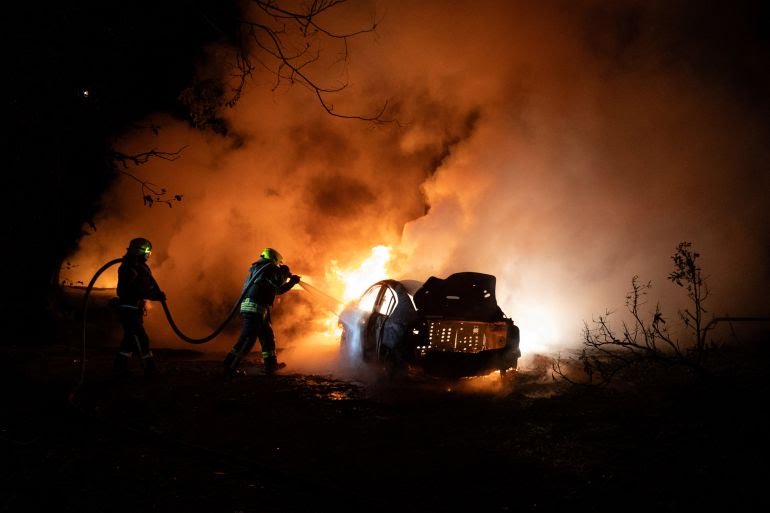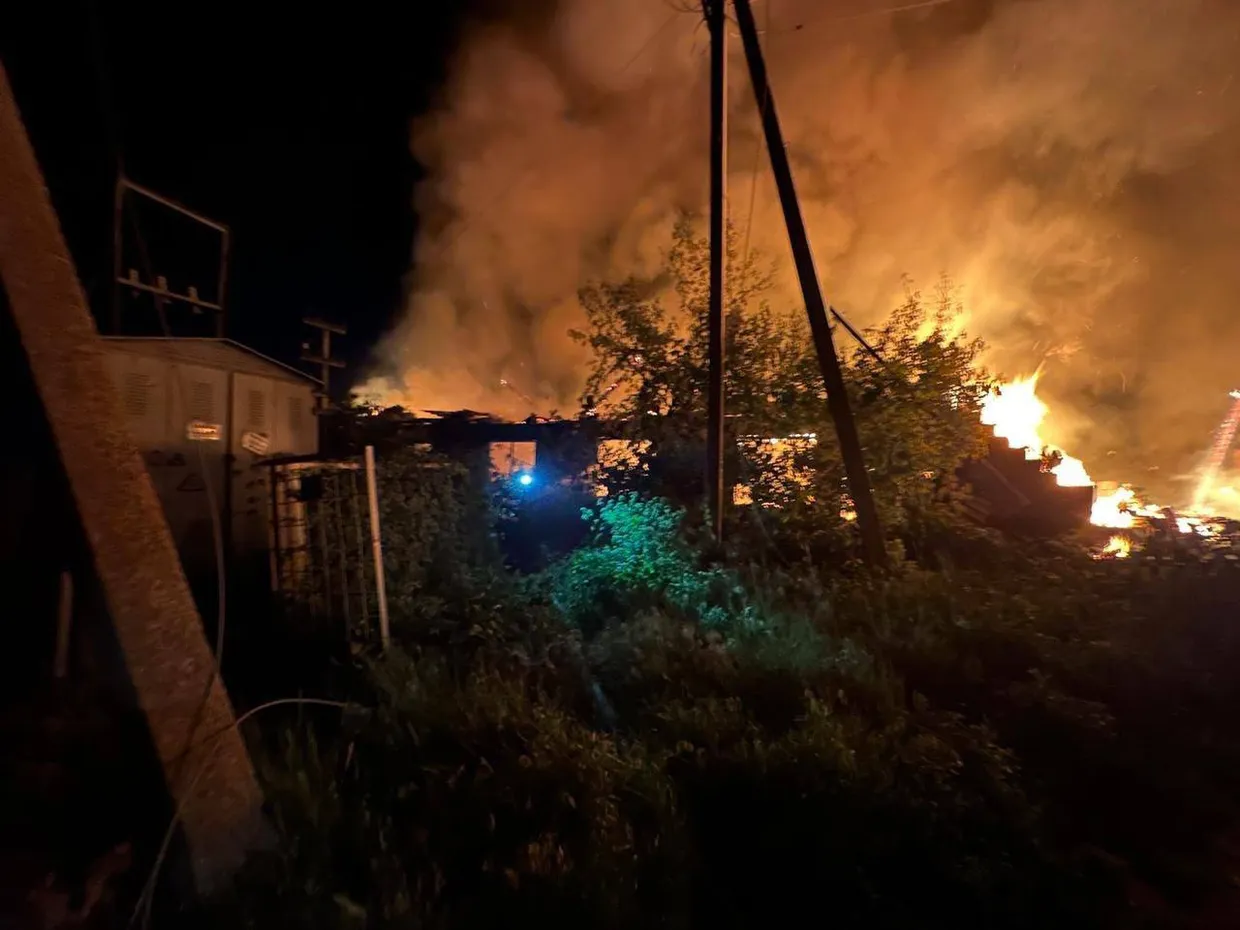Libya’s protracted political and military stalemate continues to be shaped by the strategic maneuvers of Turkey and Russia, both of which have entrenched their influence in the North African nation. Their involvement has significantly impacted the balance of power, complicating efforts to achieve a lasting peace.
Following the 2011 NATO-backed uprising that led to the ousting of Muammar Gaddafi, Libya descended into chaos, with rival factions vying for control. The power vacuum attracted foreign actors, notably Turkey and Russia, each supporting opposing sides in the conflict.
Turkey has backed the internationally recognized Government of National Accord (GNA) based in Tripoli, providing military support that includes drones, military advisors, and Syrian mercenaries. This assistance was pivotal in repelling the 2019 offensive on Tripoli by forces loyal to Khalifa Haftar, who is supported by Russia.
Russia, on the other hand, has supported Haftar’s Libyan National Army (LNA), supplying weapons, mercenaries, and political backing. The presence of Russian private military contractors, such as the Wagner Group, has been documented in various parts of Libya, further solidifying Moscow’s influence.
The involvement of these two powers has effectively frozen the conflict, with neither side able to secure a decisive victory. This stalemate has allowed Turkey and Russia to entrench their positions, turning Libya into a theater for their broader geopolitical competition.
Efforts by the United Nations and other international actors to mediate a resolution have been hampered by the competing interests of Turkey and Russia. Both countries have leveraged their influence to shape the political landscape in Libya to their advantage, often at the expense of a unified national government.
The strategic importance of Libya, with its vast oil reserves and strategic location along the Mediterranean, makes it a valuable asset for both Ankara and Moscow. Control over Libyan territory and resources provides these powers with increased leverage in regional and global affairs.
The continued presence of foreign forces and the lack of a cohesive national government have left Libya fragmented and unstable. The civilian population bears the brunt of this instability, facing economic hardship, insecurity, and a lack of basic services.
As Turkey and Russia continue to assert their influence, the prospects for a peaceful resolution remain bleak. The international community faces the challenge of addressing the foreign interference that perpetuates the conflict while supporting efforts to establish a unified and sovereign Libyan state.
Source: World Politics Review



